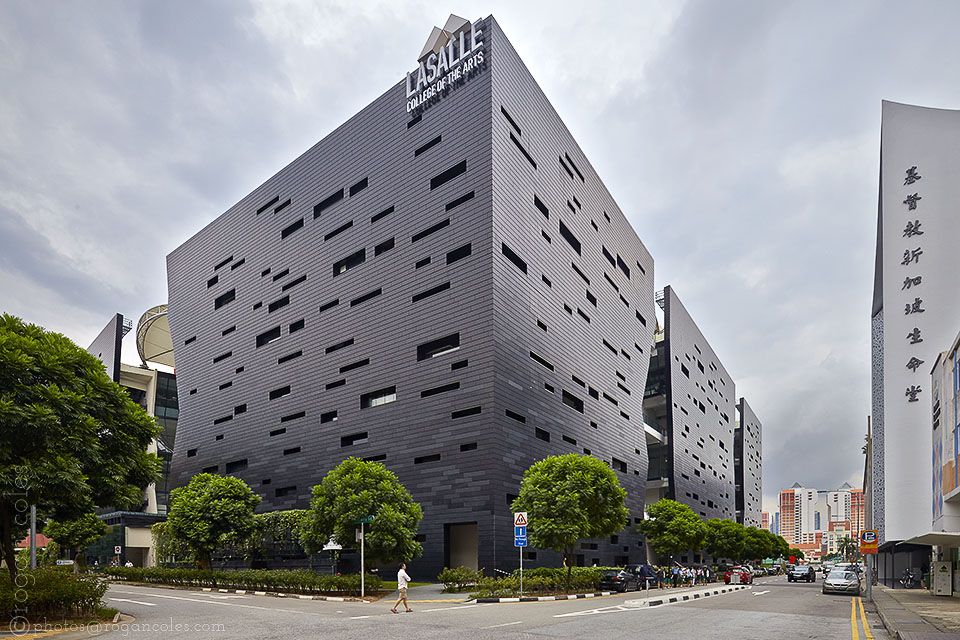GDI 2025 - Cologne
Third Places: Designing Transformations for Convivial Encounters
Every year the Global Design Initiative (GDI) project, collaboratively led by five institutions since 2015, focuses on discovering new learning, thinking and designing parameters to respond to the clarion call of change.
This year’s conference, takes place from February 15 to 21, 2025 in Cologne, with the goal to explore innovative ways to foster unconventional interactions in non-commercial spaces. Through workshops, site visits, and collaborative interventions, participants engage with inspiring local initiatives, analyze their approaches, and identify opportunities for adaptation and connection.
Addressing themes such as food, social interaction, and conviviality, the program encourages participants to shape creative solutions that bridge diverse perspectives and social groups. With an open-ended approach, the initiative allows room for individual interests and contributions.

This year the project explores urban places and their conviviality, reflecting the role of design in the material and social construction of those urban habitats, focusing on spatiality, temporality interactions, meaning, citizen engagement and social impact. How might we achieve place making through conviviality?
Conviviality in urbanism refers to the process through which inhabitants of a city enhance their control of everyday spaces through self-organized interaction and exchanges. These exchanges range from occupying spaces for conversations and moments of solidarity, to forms of interactive exchanges that could include regular street corner get togethers, spontaneous or weekly markets and temporary shops.
The very act of coming together and interacting in spaces, changes the nature of the space. lf we don't have enough spaces for conviviality we take away an important tool for spatial empowerment for residents. In many cities - especially where streets are more than simply routes or transit points and become vital spaces for conviviality, they can also generate value through exchanging goods and services.
Thus typical forms of conviviality include local, resident-run cafes, street-food joints, bars, street markets and soup kitchens. Food and drink related establishments are often most affordable to establish and run and tend to be good markers of conviviality. An urban space that has a fair presence of locally owned and managed spaces for interaction around food and drink is a marker of a convivial neighborhood.
Conversely, those neighborhoods that are dominated by non-locally run establishments, or don't allow for spontaneous, locally run inter-actions signify one that does not allow for conviviality.
In the workshop we focus on the field of food consumption, production and exchange as sets of activities that create conviviality and encourage new encounters.











